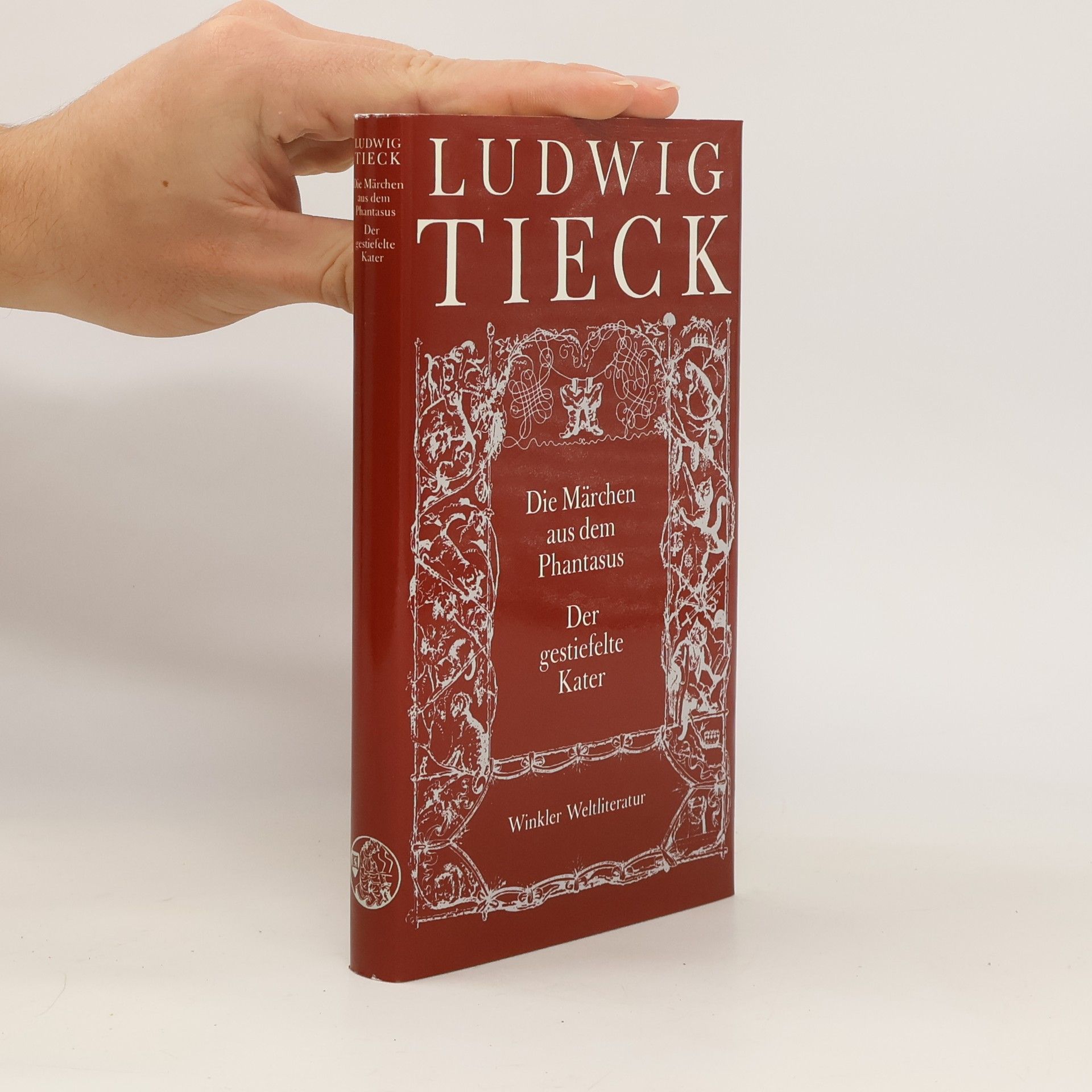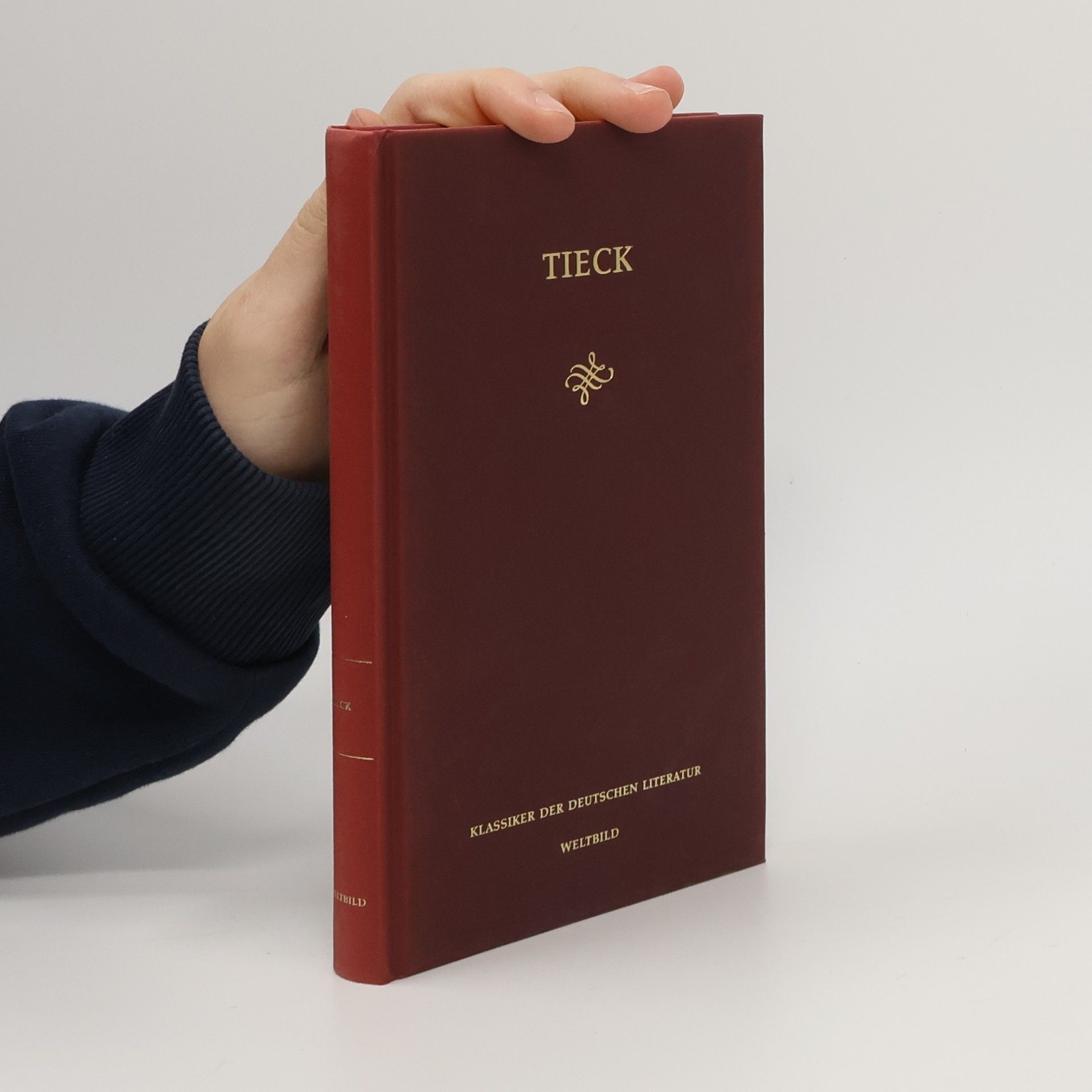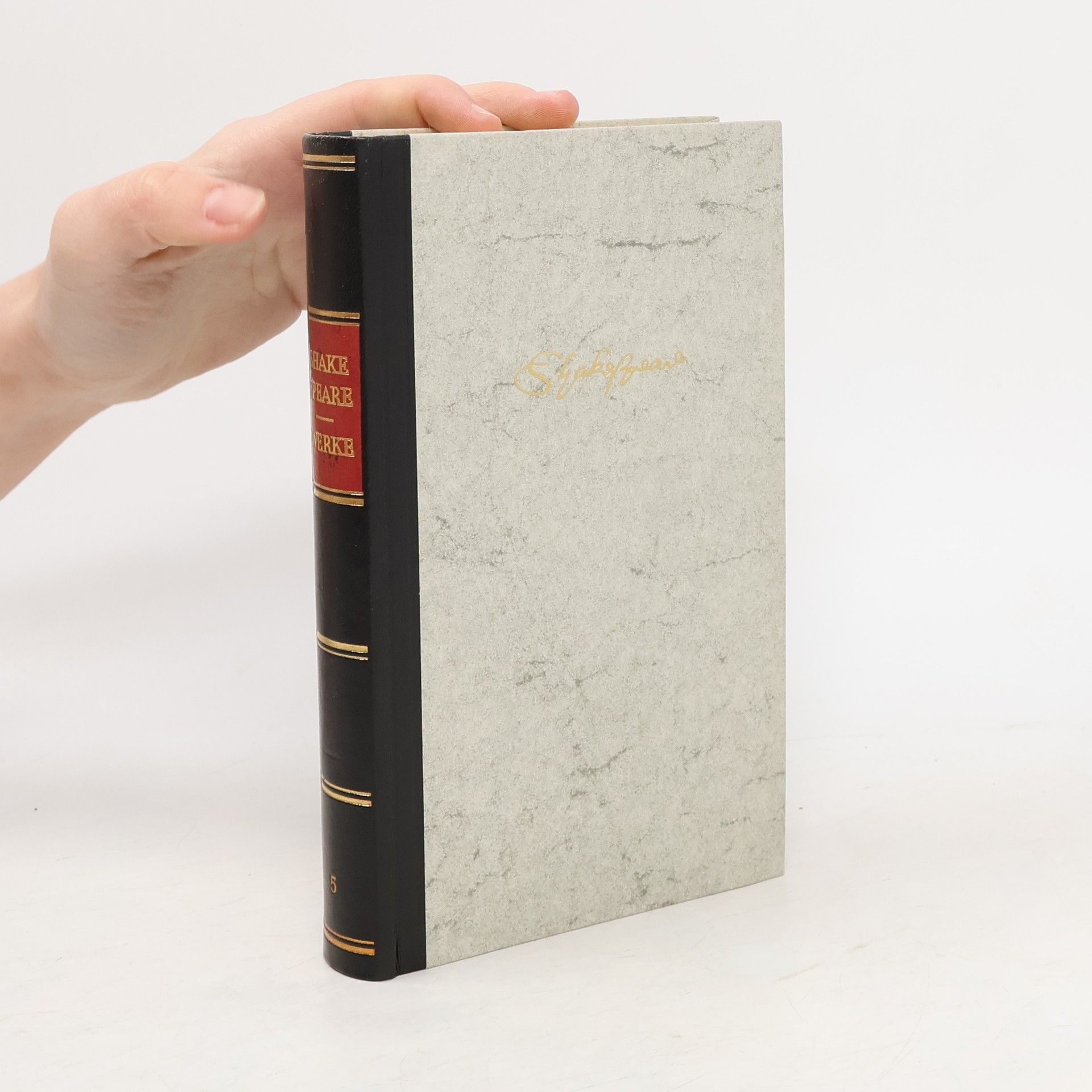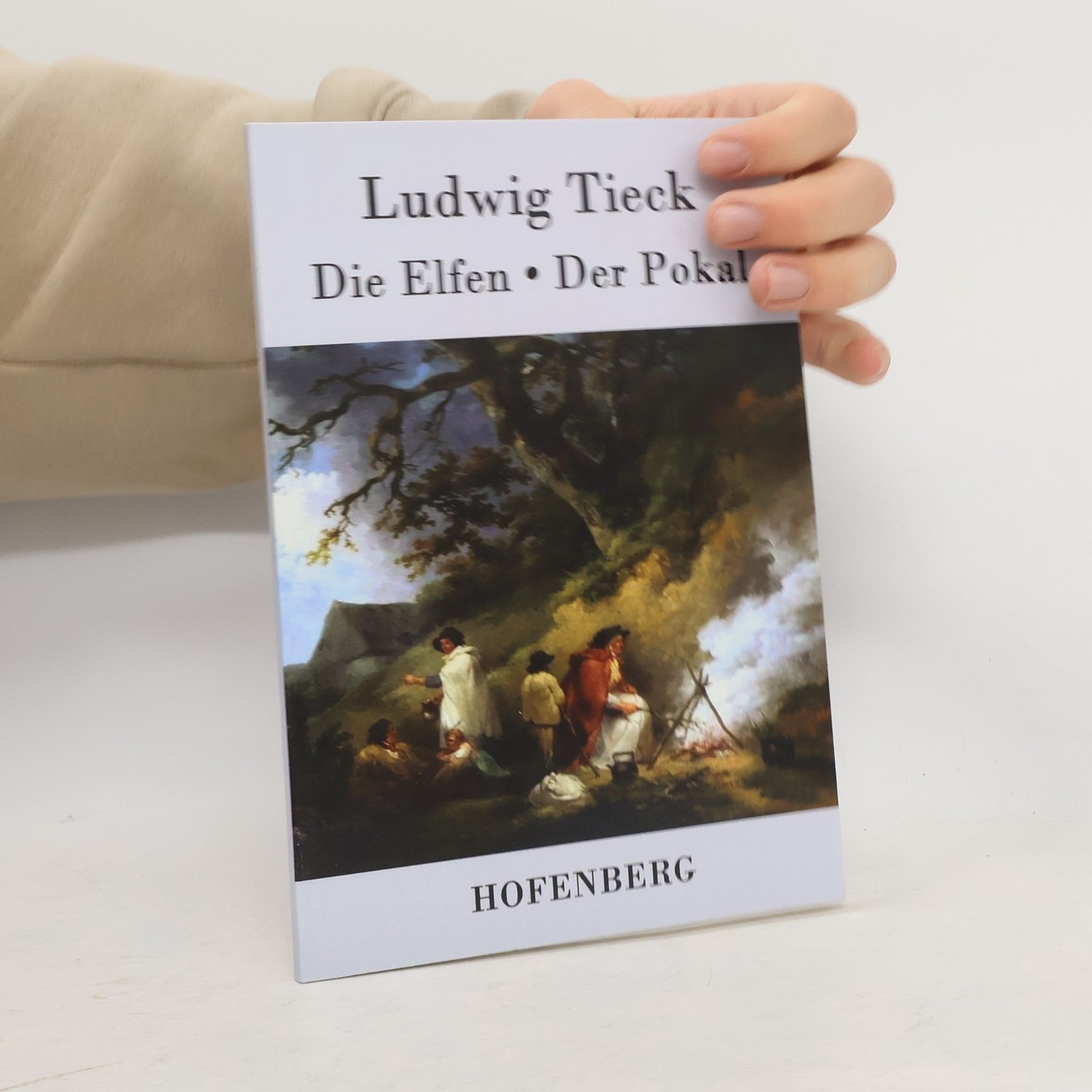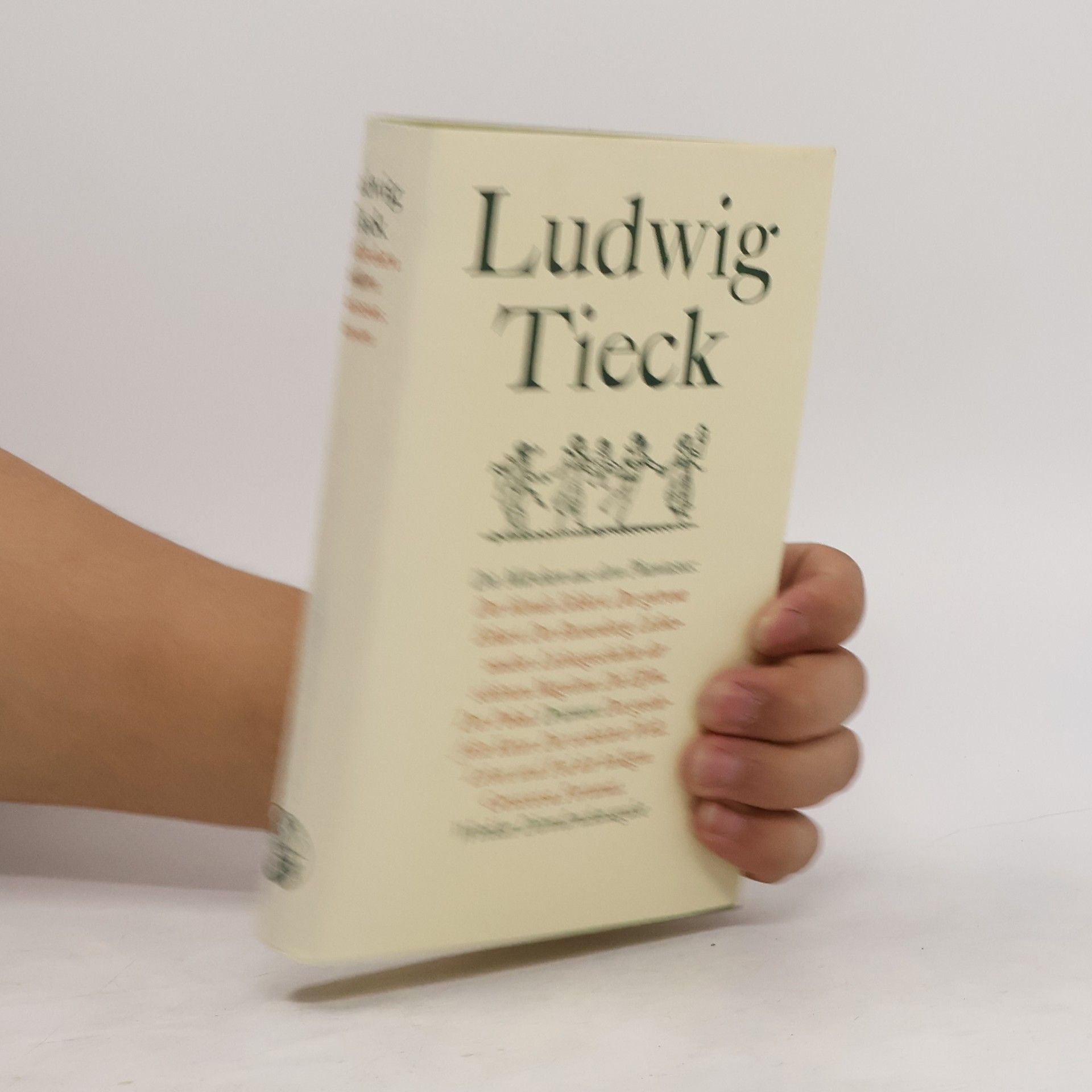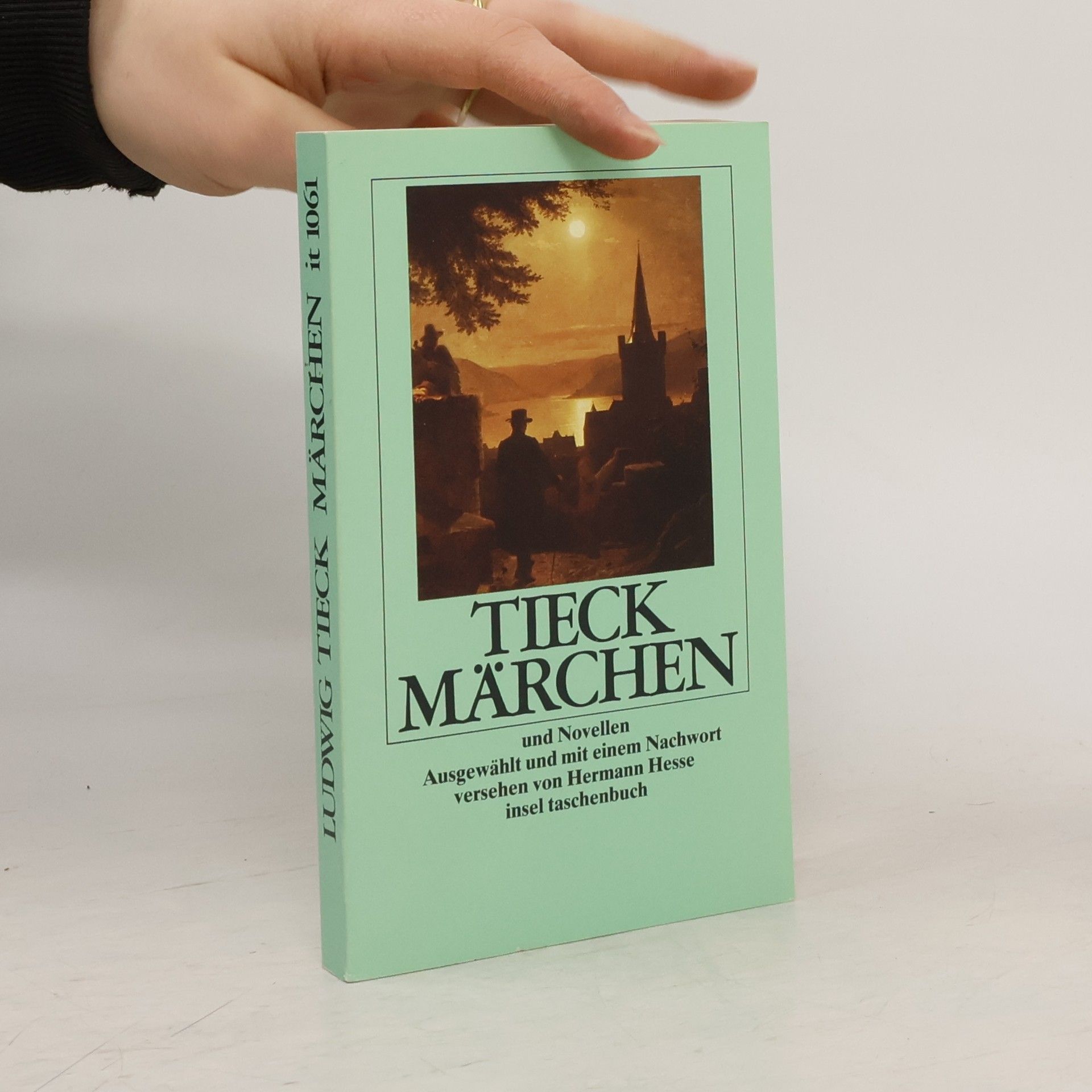Great Stories from the German Romantics: Ludwig Tieck and Jean Paul Richter
- 272 pages
- 10 hours of reading
This outstanding compilation presents stories by two of the writers who helped launch the early nineteenth-century German Romanticism movement: Ludwig Tieck and Jean Paul Richter. Translated by the great British historian Thomas Carlyle, it features seven highly influential tales that range in mood from fantasy and fairy tale lightness to witty satire. Shemlzie's Journey to Fletz and Life of Quintus Fixlien, a story and a novella by Richter, the least translated of the major German Romantics, are of particular note.Ludwig Tieck (1773–1859) is best known for his fantastic stories and short novels, which appeal more to the emotions than the intellect. He translated the works of Shakespeare and Cervantes into German, served as a literary advisor to Dresden's Court Theater, and ranked second only to Goethe as Germany's leading literary authority.Jean Paul Richter (1763–1825) bridged the shift in literature from the formal ideals of Weimar Classicism to the intuitive transcendentalism of early Romanticism. His works range in tone from sentimental humor to bitter satire and span a variety of genres, from fiction to treatises on education and aesthetics.Ludwig Tieck:The Fair-Haired EckbertThe Trusty EckartThe RunenbergThe ElvesThe GobletJean Paul Richter:Army-Chaplain Schmelzle's Journey to FlätzLife of Quintus Fixlein

